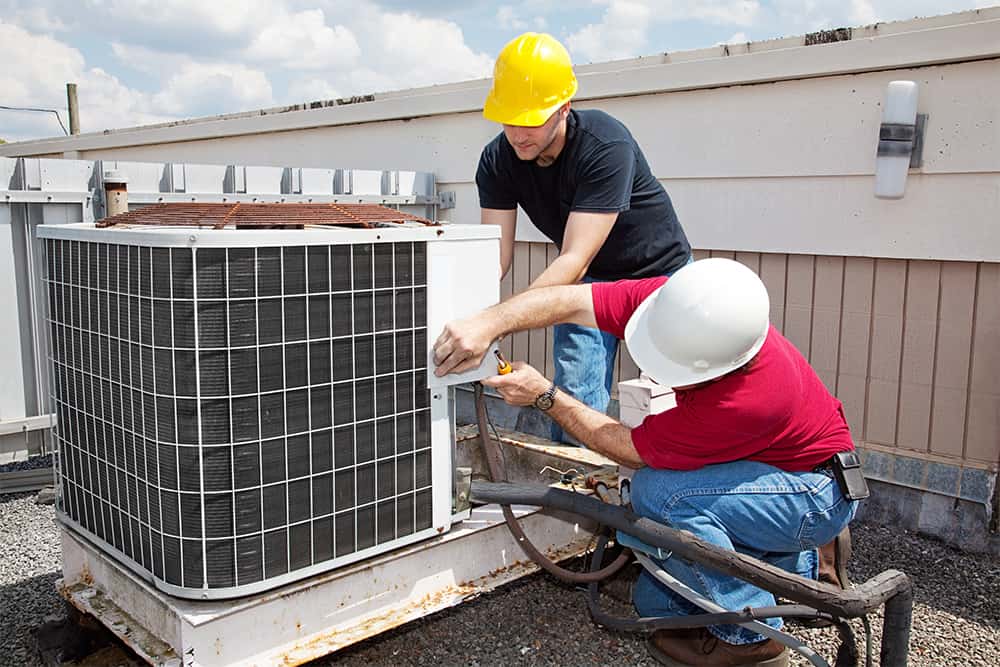
A HVAC engineer is in charge of installing, repairing, and maintaining systems such as central heating, ventilation, air conditioning, and gas. They put up large boilers and pipe and duct work in commercial or industrial environments like schools, sports stadiums, hospitals, or businesses.
Responsibilities
Throughout your apprenticeship, you may help:
- fit heating equipment and pipework
- install ductwork and ventilation systems
- fit central heating systems in homes
- design and install control panels that operate and adjust heating
- plan and carry out regular maintenance and repairs
- clean out older ventilation systems
- make sure systems meet health and safety standards
- work with renewable energy systems that use wind, tidal, solar, geothermal, biomass and hydrogen power.
Salary
- Starting salaries for an apprentice is £20,000 per year.
- Experienced HVAC engineers can earn up to £35,000 per year.
Working hours
You will typically work 41 to 43 hours per week including evenings and weekends when customers need assistance.
Working environment
You could work at a client’s business or at a client’s home.
Your working environment may be at height, cramped and you’ll travel often.
Qualifications
Qualifications you can achieve as an apprentice HVAC engineer include:
- Level 2 Building Services Engineering Installer – Entry requirements for this level include some GCSEs, usually including English and maths, or equivalent, for an intermediate apprenticeship. This qualification will take 24 months to complete.
Skills
On a HVAC engineer apprenticeship, you’ll learn:
- the ability to use, repair and maintain machines and tools
- to be thorough and pay attention to detail
- customer service skills
- the ability to use your initiative
- knowledge of building and construction
- analytical thinking skills
- practical skills for installing equipment
- patience and the ability to remain calm in stressful situations
- to be able to carry out basic tasks on a computer or hand-held device.
Career path and progression
You could move into a managerial role, supervise a team of engineers, or work in technical sales.
With further training, you could become a building services engineer or facilities manager.
